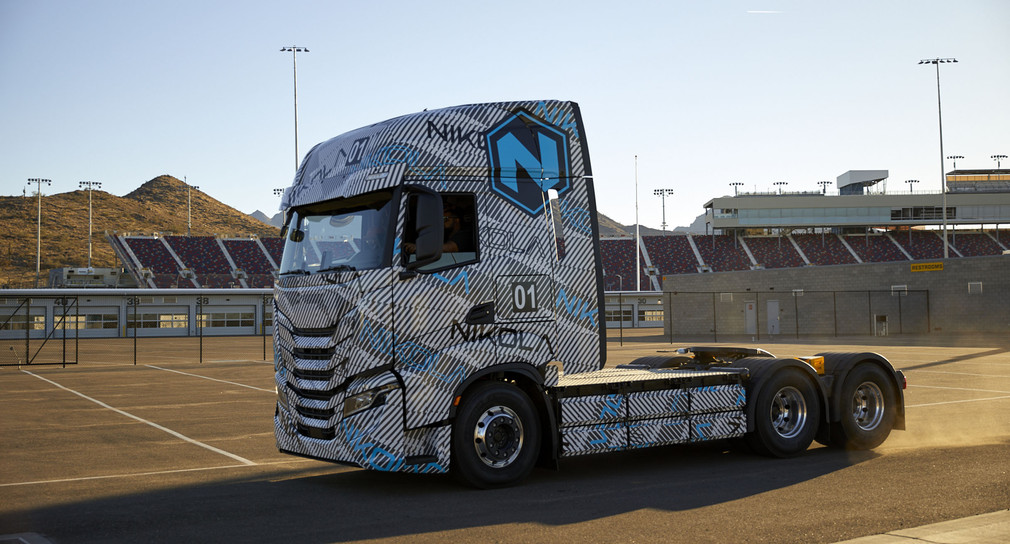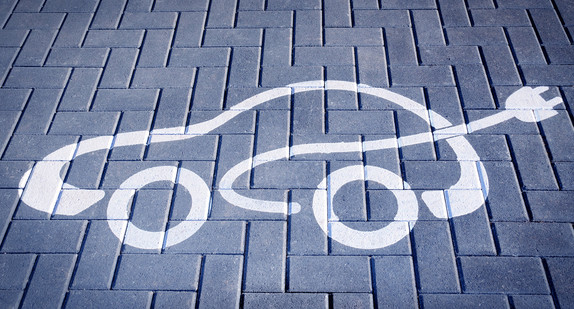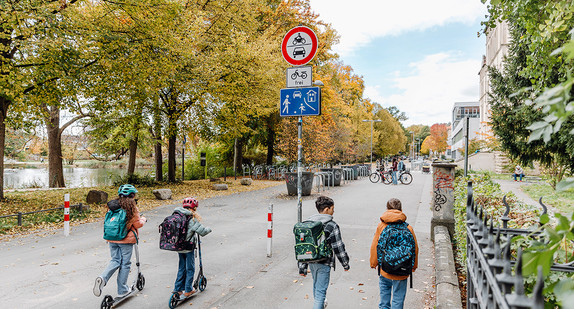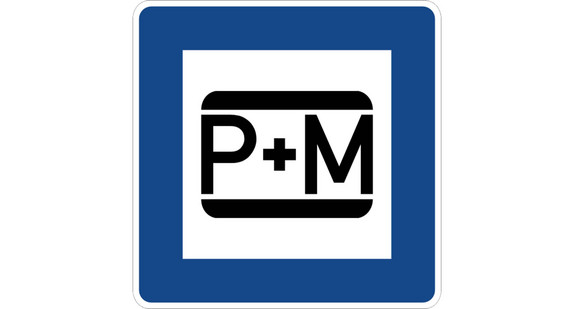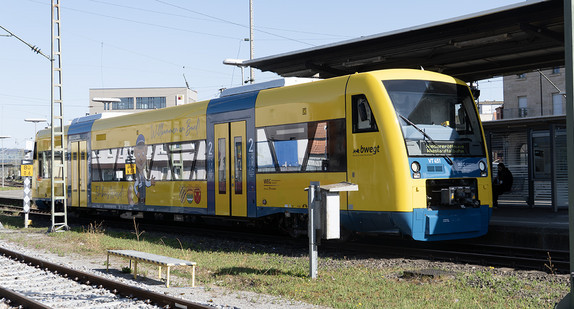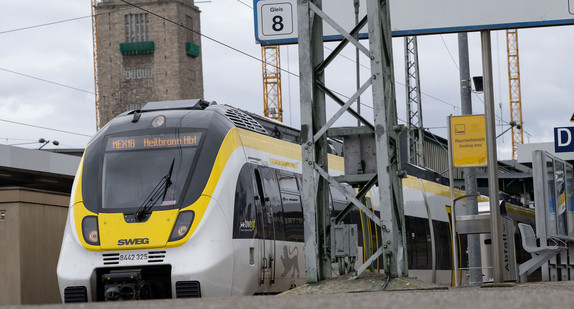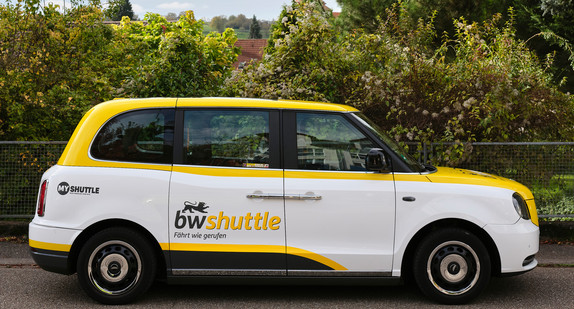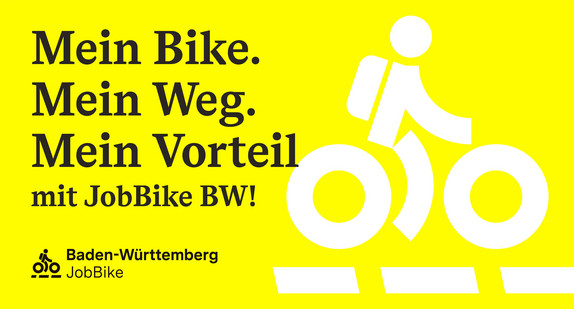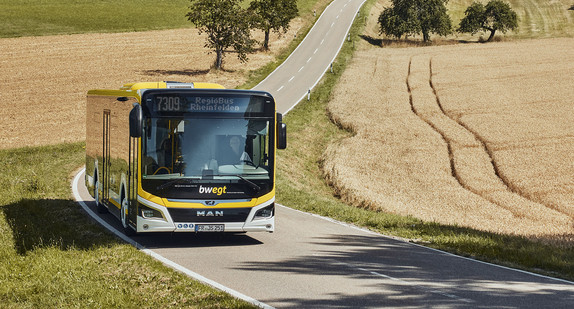The Ministry of Transport BW and IVECO Magirus AG are testing a hydrogen/fuel cell truck on eWayBW’s field test corridor
The test track for overhead catenary trucks in the Murg Valley close to Rastatt (eWay BW), which will be taken into operation in spring, is going to serve as the demonstration site for a technology comparison of different climate-friendly technologies: IVECO Magirus AG contributes a hydrogen/fuel cell truck,
type “Nikola TRE” to this technological cross-comparison. The technology trials are part of a test phase of this corridor which will extend until 2024.
Winfried Hermann, Transport Minister of Baden Württemberg and Member of the Regional Parliament: ”by including a hydrogen/fuel cell truck in the eWayBW project we have managed to bring together the promising alternative drive options for heavy duty trucks in a single project. Now we have an opportunity to directly compare them with one another in a real operation setting: Overhead catenary, fuel cells/hydrogen, battery-electric powertrains and hybrids with reFuels (regenerative fuels) – this is unique in the world.
Even though the eWayBW project is important for the testing of future climate-friendly drive systems for heavy-duty freight transport in this region, it has sparked a bit of a debate. Some have argued that catenary truck technologies were obsolete and that the fuel cell should be given precedence. Thanks to the inclusion of IVECO in the project it is now possible to directly compare both technologies.
Dr. Gerrit Marx (IVECO Magirus AG): “We are delighted with this comprehensive, technology-neutral field test of rivalling climate-neutral drive systems and which is going to take place literally on our door step. The serial climate-neutral reality of today is, essentially, a heavy-duty truck running on liquid bio methane which enjoys a road toll exemption until 2023. The future will go one better than with the inclusion of zero-emission trucks. The next chapter in this book will be about the experience gained from this real life test.”
In addition to the five hybrid overhead catenary trucks (with Diesel and electrical powertrains), a purely electric CV of Daimler Truck AG, the hydrogen/fuel cell truck of IVECO Magirus AG type "Nikola TRE" as well as an electric catenary truck built by the Land Baden-Württemberg will also be included in the project. As synthetic fuels (refuels) will be used in the catenary hybrid trucks, the project encompasses all options available for the climate-friendliness of road freight transport. Thus, for the very first time, all promising development solutions to the pressing decarbonisation challenge will be tested and directly compared with one another under real life conditions.
Even if all the vehicles used for the comparison will be either prototypes or pre-production vehicles, the tests will still permit the verification of existing theoretical concepts and investigations of climate-friendly drive systems. This will yield clues regarding the question under which conditions each of these technologies performs best.
Background
eWayBW is a pilot project on electrically-powered hybrid overhead catenary trucks. Along an 18 kilometre pilot test corridor on the B 462 road in the Murg Valley close to Rastatt, three sections of road - each with a length of approximately four kilometres - are being electrified. Trucks which have been equipped with the required technology can use these catenary wires to draw electrical power. At the same time a battery will be charged allowing the truck to continue driving beyond the end of the catenary line without producing emissions.
The objective of this pilot project is to operate hybrid catenary trucks electrically in a setting that is close to reality in order to broaden existing know-how. Concomitant research will focus primarily on different aspects of energy supply as well as effects on noise, air pollutants and road planning measures.
The reason for choosing the B 462 road in the Murg Valley for the pilot project was that there are three paper manufacturers in Obertsrot transporting 510,000 tons of paper each year to a logistics centre in Kuppenheim in the Rhine Valley, around the clock. This results in the high average number of 64 tours on every day of the calendar. In total, the hybrid catenary trucks thus clock up around 250,000 kilometres along the sections of road equipped with the catenary lines. Such numbers should yield some robust results from the pilot project.
A target of 128 truck rides per day has been set for the eWayBW test track along the B 462 in the Murg valley during the test phase, which would amount to around 10 percent of averaged current truck movements across the test track. The test phase is planned to last from spring 2021 to spring 2024.
More information on the pilot project is available here www.eWayBW.de.
The IVECO truck of the type "Nikola TRE". The FCEV (fuel cell) variant is used in a scientific test in the Murg Valley (Baden-Württemberg). Image source: IVECO

